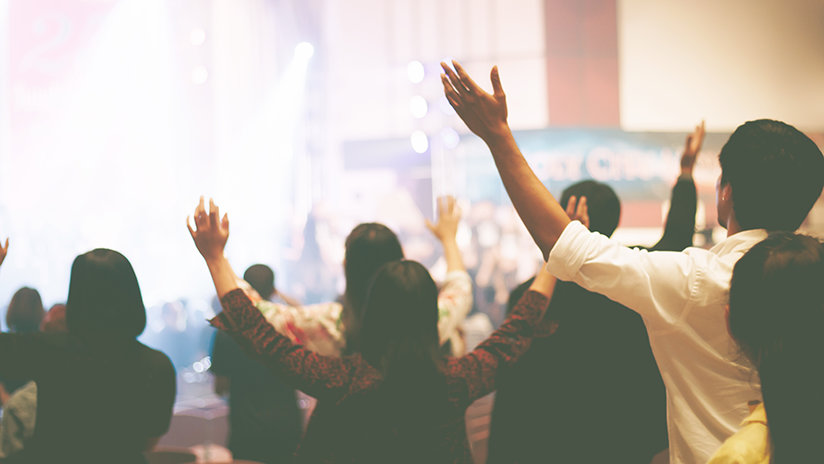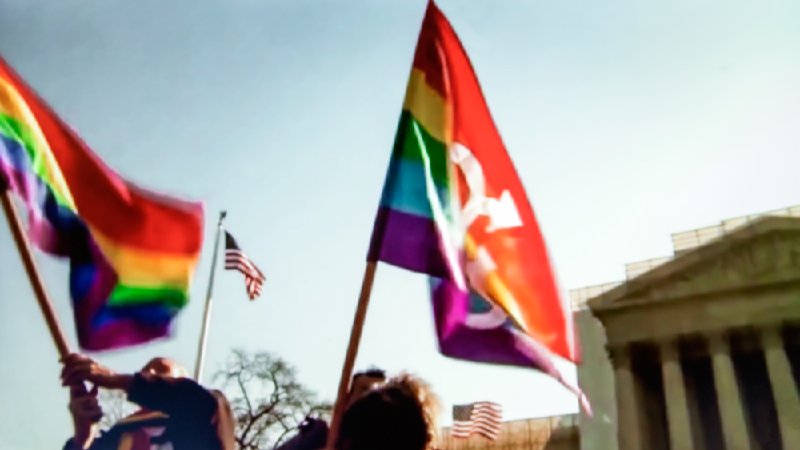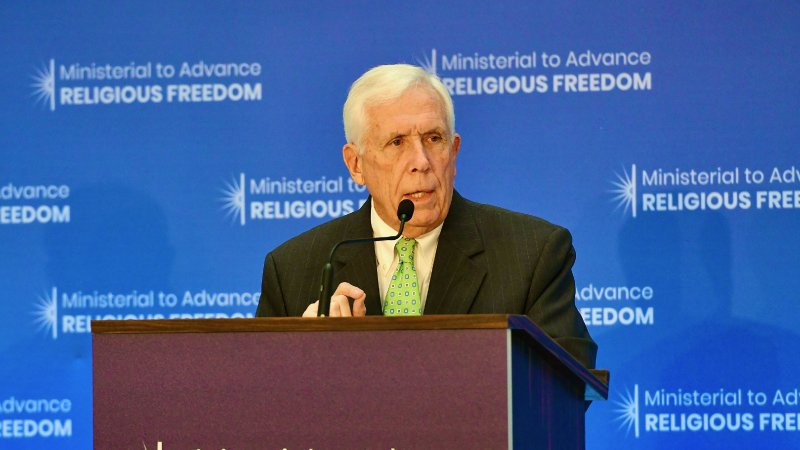Why God Is Love and We Should Love All People of All Faiths
I want to tell you a bit about my relationship with Christ, and also how I came to work alongside interfaith brothers and sisters throughout my life.
Specifically, I think about fighting bullying and other human rights issues alongside members of the Church of Scientology, who I have worked with to teach youth to respect each other’s human rights. We taught children to think as men ought to think.
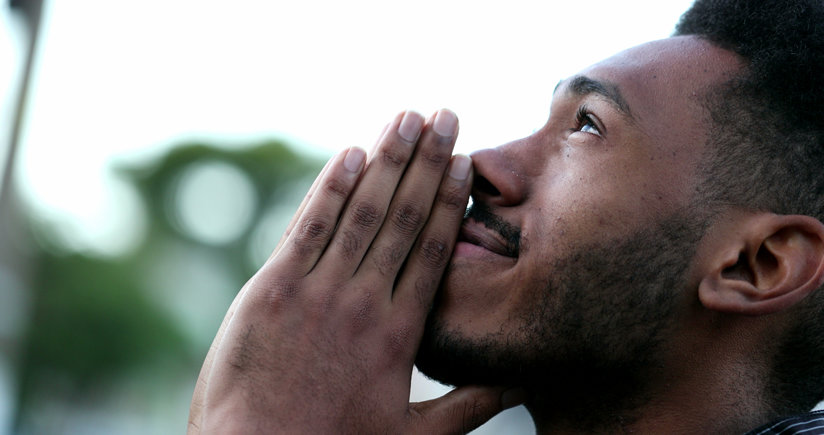
That I, a Christian, and members of the Church of Scientology became quick friends and could work together on issues we agree on and respect each other’s right to believe and practice what they believe means something.
While we had different beliefs and opinions about God and religion, we found ourselves allies in the fight to educate a generation about human rights. The chief of those rights is our right to choose our religion.
My Beliefs
Let me say plainly: I am a Christian. I believe in the Virgin Birth and the miracles that Christ performed on Earth. I believe in the Trinity: God the Father, Son and Holy Spirit. I believe fully in the death burial and resurrection of Christ and the Gift of the Holy Spirit through the evidence of speaking in tongues. I believe all of that within my heart and accept it as fact. I believe that God is sovereign.
Which means he can do whatever he wants to do (Psalm 115:3; Psalm 103:19).
I don’t believe that God is bound by the limits of what our minds and faith can comprehend (Isaiah 55:8-9). I know God is real, I know Jesus died, was buried and resurrected. I have felt the healing power of the Holy Spirit. Twice, I was on life support (July 2018 and January 2020) and the doctors told my wife and family that death was imminent. Even when I got off of life support, the doctors thought hospice was the next step for me. There was too much wrong with me to think that I’d actually get better. But sometimes it seems to get worse before it gets better. I went to the hospital and a nosebleed turned into life support, turned into 24-hour dialysis and a heart surgery where they removed a rib. I left the hospital without needing rehab, and off dialysis. It wasn’t an easy journey, but the point is that, if for no other reason, because of this incident I know God is a healer. Because he healed me. The doctors told me “there’s nothing else medically we can do for you,” which means the “turn-around” can’t be attributed to just medicine. God used the doctors and team at University of Maryland Medical Center in Baltimore, Maryland, as my angels and instruments of healing.
But his Holy Spirit did the work.
Reaching Across Faiths
Watch the interfaith connection: While in the ICU I had the opportunity to have conversations with the hospital’s chaplains team, which is extremely diverse. Depending on when you’re there, any of the chaplains from any faith group will avail themselves to sit, talk and pray with you. I had the opportunity to do that with chaplains from multiple faiths, and they all were trained in such a way that they understood their beliefs and may not agree with yours but they listen, they care and are there for people when some of them can’t get to their own church or family to pray. I made a great friend while there, Rabbi Ruth. We had great conversations. They weren’t spent with either of us trying to shift each other’s beliefs. They were spent in genuine human fellowship. That’s a similar relationship that I share with my friends at the Church of Scientology to this day. We may not be in constant contact but we are allies for life.
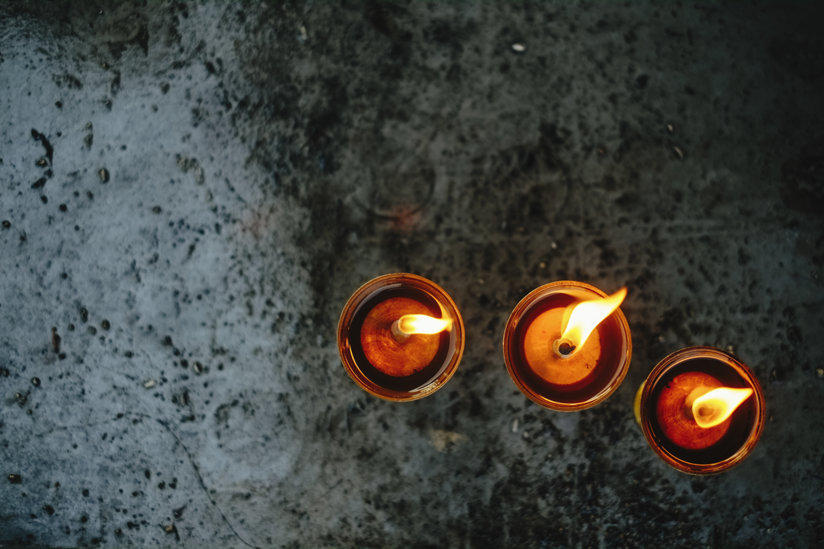
Am I saying that I am a Jew and a Muslim and a Christian? No, I am not. I am saying that my relationship with Christ and subsequent knowledge of God as Love will not allow me to be an enemy to those who choose a different path to him. I believe that, just as Abraham was the father of many nations, that God has children that have come to know him in different ways. I see this in my own life. I have an older brother, a younger sister and two younger brothers. We all have the same man as a father. But we all relate to him in different ways. We all have had different experiences and conversations that color how we each may describe him. Part of him lives in each of us, but has expressed itself differently. No one child’s view makes the other child’s view false. No one way of relating to him makes the other one wrong.
I feel the same way about God: we are all his children. We have the same father. We may not look alike, but we share some of our father’s characteristics, so there is common ground to build camaraderie.
God as Love
There is a saying, “The enemy of my enemy is my friend.” That statement never rang true for me—it seems ingenuine. My mentor disagreed with it, too. He taught me that we don’t have enemies, we simply have brothers who are in error.
I never really understood that until I had to forgive someone who hurt me deeply. I wanted vengeance, and I got mad at God because the Bible teaches that vengeance is the Lord’s and it didn’t come. In my head, I somehow pictured God as a mobster saying, “Save that one for me.” I laugh at myself, even while typing it. But some of us Christians really think that God wants to punish our “enemies.”
What I missed was the part where God is OUR father, and that God is love. You cannot claim to know God and not know love. 2 Corinthians 13 is widely called the “love” text, as it gives a strong dissertation on love: “Love is patient, love is kind, love does not keep record of right and wrong…” The Greek word used for “love” in this text is “agape” referring to God’s love (God as Love), so the text could easily read “God is patient, God is kind, God does not keep record of right and wrong…” This description of God will look much different than bombing clinics or nations that disagree with him. My belief in God’s love—through the empowering gift of grace given through the life, death and resurrection of Christ—compels me to aim to exemplify God’s love to all humans.
I believe part of God’s “vengeance” is causing us to love our enemies if we choose to love as he loves.
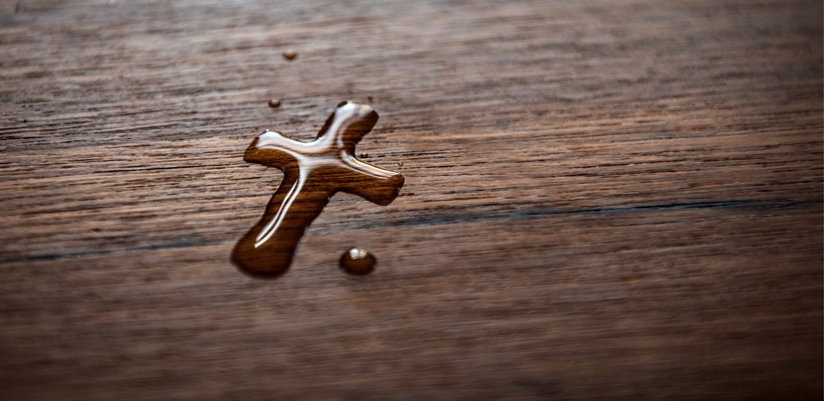
I fight for my faith in God, even as my faith in church or church people weighs at times. I fight doubt, even with a testimony as miraculous as mine. I still find a way to doubt, or fear. But glory to God for him loving and guiding me through my doubts. I learned so much about God and about myself through unpacking my doubts. God is comfortable with your doubt.
God loves us with a reckless love and expects us to share that love with each other. My pastor teaches us to be Contagious Christians. Jesus says plainly the mark of a Christian is his love (John 13:35).
Revising the Golden Rule
One of my earliest memories from school was a lesson we were taught in the Catholic aftercare program I was enrolled in. It was what they called the Golden Rule. I’m sure we have all learned it, or at least heard it. Say it with me: “Do unto others as you would have them do unto you.” I went my entire life thinking that was the best approach for relationships until I had the pleasure of getting married to the love of my life. See, it really should read: “Find out how the other person wants to be treated and then treat them that way.”
Have you ever considered how God wants to be treated? Have you ever wondered how God wants us to communicate that we love him? We spend so much time studying about his love toward us that we forget it should be reciprocal.
Would you or could you love someone who did not love you back?
The beauty in God’s love is that even he desires reciprocation. How can we ever repay God’s love? We cannot. But we show him we love him by choosing him. Choosing God over your desires, lust, emotions—even over your own doubt at times. That is how God is pleased—through our choice. That means God is not afraid of us having “options.” He loves when we choose him as the only option.
I love God completely. I share that because one of our basic human rights—one that is under attack as I write this—is religious freedom.
Being There for Each Other
One of the reasons religions are attacked is because we don’t always exemplify the true God of the Bible. We don’t always show his character. I had a revelation about the 23rd Psalm that I believe shows how we are supposed to be there for each other in the way God promises to be there for us in this text.
It says that even though you are walking through the valley of the shadow of death, you don’t have to be afraid because God is with you. I believe he wants us to be this for each other.

How? See, in order to create a shadow you have to have a few things. Darkness on one side of an object in darkness, and then light on its opposite side. In this text the object is where we were, “the valley of death.” I had a revelation while in the ICU, contemplating what life would look like moving forward. The darkness represents your emotions about the valley of death, but then the light shows up. The key thing about light is that it transforms any space it enters. So once the light (John 1:5) showed up, it transformed the valley of death into the valley of the “shadow” of death. The light comforts, transforms, stabilizes, creates tables in front of “enemies,” and causes goodness and mercy to be our friends.
I strive to bring the light, wherever I go.
I appreciate STAND for this opportunity to encourage you all to walk in the light as it shines on you—to remember that God is not a dictator, he is Love.
Daniel shares more about living with that 360-degree view of God, and dealing with stress and anxiety, in his forthcoming book Jesus in Real Life—From Mourning to Dancing, due in the spring of 2023.







